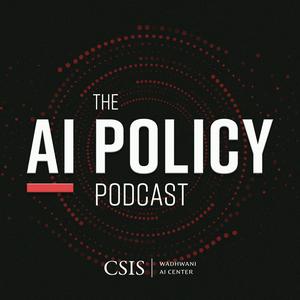In this special episode recorded at Fathom’s 2026 Ashby Workshops, Greg sits down with Jennifer Pahlka, founder of Code for America and author of Recoding America: Why Government Is Failing in the Digital Age and How We Can Do Better. Jennifer walks us through her career journey, from filing paperwork at a child welfare agency to helping pioneer the U.S. Digital Services in the Obama administration (3:45). She describes the need for upstream policy reform (11:29), and discusses AI’s potential to both empower public servants to challenge antiquated practices and help policymakers simplify complex regulations (28:03). Finally, Jennifer shares some AI use cases she’s particularly excited about in government (59:34).
Jennifer Pahlka is a senior fellow at the Niskanen Center and the Federation of American Scientists and a senior advisor at the Abundance Network. She previously served as U.S. Deputy Chief Technology Officer, helping start the U.S. Digital Services under the second Obama administration, and as a member of the Defense Innovation Network.
Read Jennifer’s book Recoding America and check out her Substack Eating Policy.
Jennifer’s recommended reading:
Hack Your Bureaucracy by Marina Nitze & Nick Sinai
Crisis Engineering by Marina Nitze, Matthew Weaver, & Mikey Dickerson
The Procedure Fetish by Nicholas Bagley
Why Nothing Works by Marc J. Dunkelman
Kill It with Fire by Marianne Bellotti


